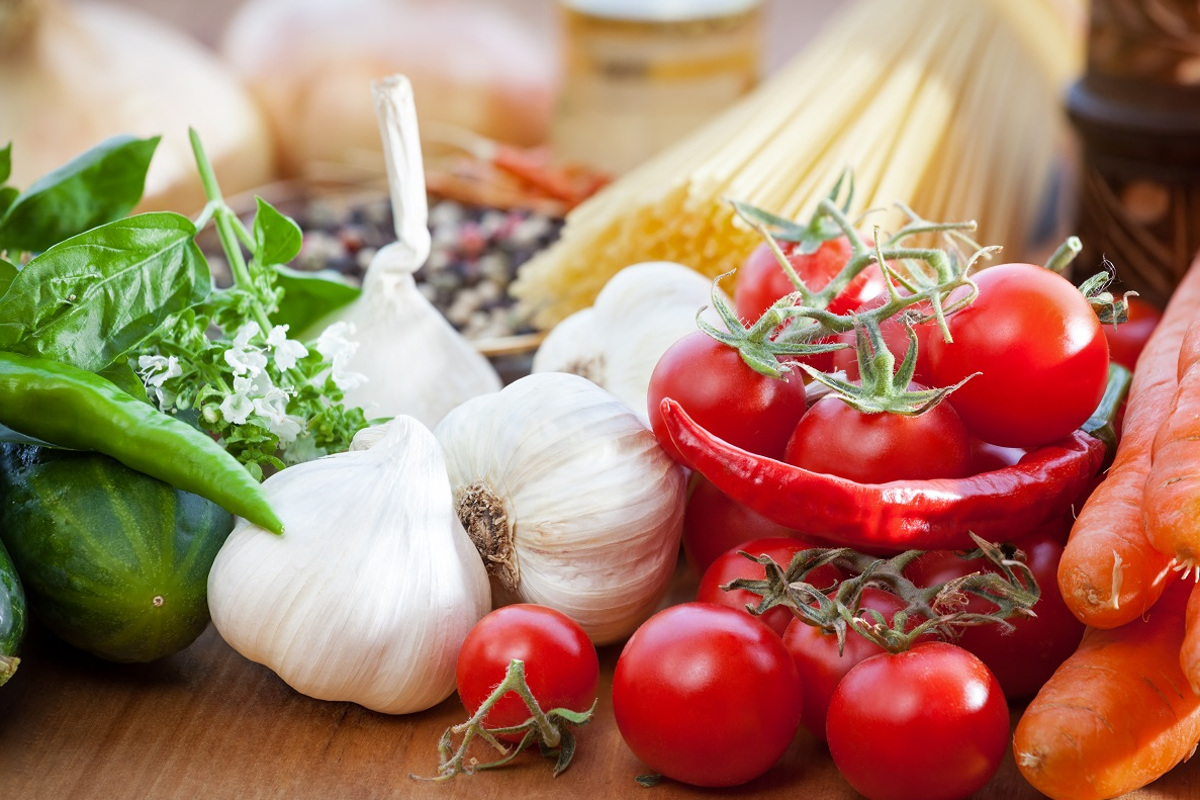By the end of 2021, the export sales of Italian food and beverage are expected to reach and surpass the 50 billion euros threshold. “In the last ten years Italy’s F&B exports have increased by +92%,” said Ivano Vacondio, president of Federalimentare (the Italian association of food industries), during the Made in Italy Summit 2021.
However, there are some obstacles to the growth of Italian food and wine exports. First of all, the exponential increase in the prices of raw materials, and the second is the risk of imitations. “Although Italian food exports are growing, the ‘Italian sounding’ phenomenon is growing even more,” said Luigi Scordamaglia, managing director of Filiera Italia Foundation (an association that brings together important brands of the Italian food world). “In the USA, for every five products with the Italian flag on the pack, four are fake. We must protect our productions,” he added.
Discover the authentic Italian F&B products on the Italianfood.net platform
The development of tourism can prove to be a useful weapon in the fight against Italian sounding. “Wine should reach 7 billion in exports this year,” said Stefano Ricagno, senior vice president of the Consortium for the protection of Asti Spumante and Moscato d’Asti PDO. “An effective way to do promotion is to focus on wine and food tourism, which is also a tool to fight Italian sounding as it lets foreign consumers know what the real made in Italy products are”.
MEDITERRANEAN DIET AND ENVIRONMENTAL SUSTAINABILITY
According to the Italian food industry, it is also essential to counter the attacks on the Mediterranean Diet, which some accuse of being unsustainable. “The truth – said Vacondio – is that behind these accusations lies an attempt to change the rules in order to hinder the competitiveness of Italian products in the world”.
For Italy’s agri-food sector, sustainability is a sensitive issue. “It becomes an opportunity when it is competitive – Scordamaglia explained – Italy is in fact second in the world for robots used in the food sector and we are becoming a global model also for precision farming. What is not good is ‘ideological sustainability’, which asks to stop polluting by simply stopping production”. The way to sustainability can therefore be that of “eating a little better, a little less, but eat Italian”, said Scordamaglia.

